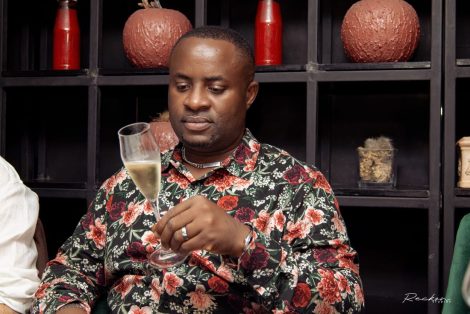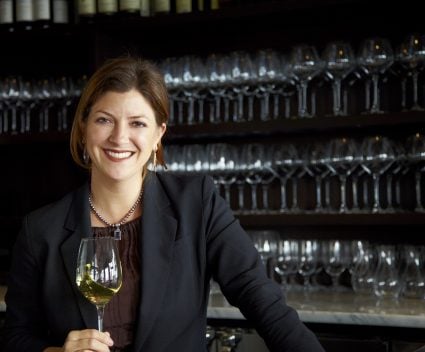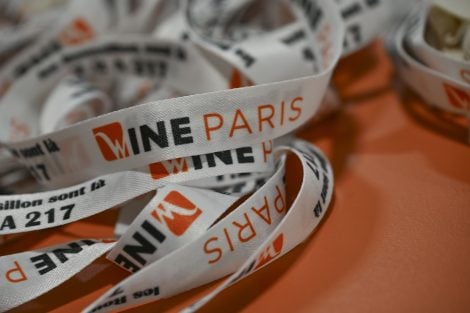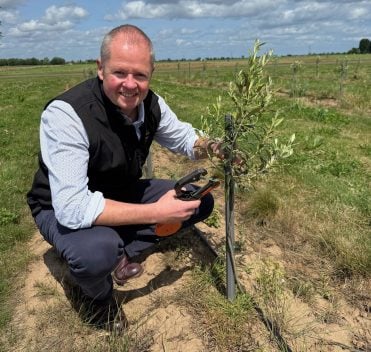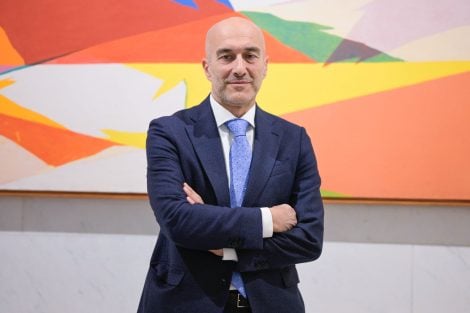Massimo Bottura is in Turin for the 50 Best Restaurants. With his Osteria Francescana, he reached the top spot in the ranking in 2016 and 2018, and is now on the "Best of the Best" list, alongside legendary establishments such as El Bulli, Noma, Geranium, and Mauro Colagreco's Mirazur. We met him at Villa Sassi, a charming location nestled in the greenery of the first hills, transformed for the occasion into "Villa Mare" by the Gin Mare brand, for an event celebrating drinks and flavour. Bartenders Agostino Perrone and Giorgio Bargiani from London’s Connaught created four cocktails – Oops I dropped the olive with Gin Mare, vermouth, sherry; Mediterranean Collins; Balsamic & Gin with vermouth and cardamom; and Paloma a Capri with gin and Campari – which Bottura paired with his spaghetti-style tortellini, Parmigiano with his own balsamic vinegar, and other delicacies. He explained to everyone that gin is conviviality, wherever in the world it is enjoyed (he himself offers a special gin cocktail with Martini, Chateau d’Yquem, and apricot).
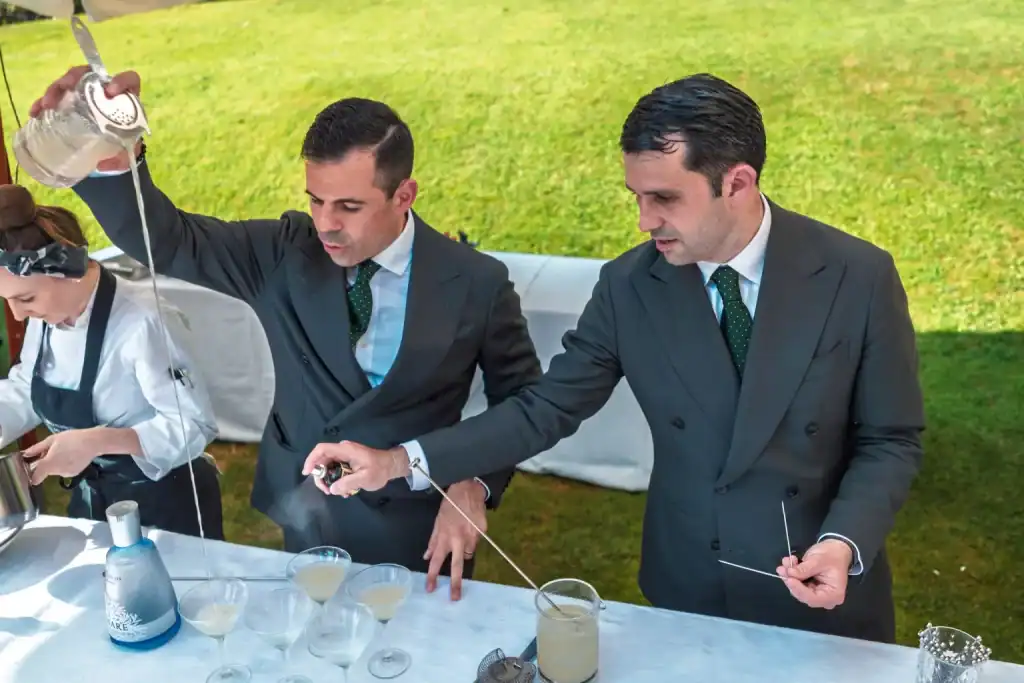
Interview with Massimo Bottura
While waiting for his dinner at the mega-party following the awards ceremony at the Lingotto, Massimo Bottura revealed that he will prepare tortellini, burgers, and for dessert a tiramisu “that thinks it’s a bunet”, as a clear nod to tradition and to Turin.

Let’s talk about tradition, then: you’ve said that “tradition must be a springboard, and culture is the foundation for the chef of the future.” Do you see that here in Turin?
Yes, I do. I feel it. I experience it every time I walk through the markets, every time I taste an aged toma or a plin, or a boiled meat dish with its sauces. Turin is a city that possesses both the grace of memory and the energy of transformation. It is Savoyard but experimental, elegant yet popular. And this dual identity is exactly what makes tradition a springboard, not a cage. Eduardo was right – (my new menu is called Miseria e Nobiltà, after Eduardo Scarpetta) – tradition shouldn’t be preserved under glass, but lived in, studied, loved, and then surpassed. Only those who deeply understand it can use it as a launching pad to leap higher. And today, in Turin, I see young chefs, artisans, farmers and producers who aren’t afraid to make that leap. There’s a new generation that understands that the future of Italian cuisine won’t be built by copying the past, but by translating it into a new language. A language rooted in real culture – made of books, landscapes, ingredients, family stories and travels – and carried all the way to the plate. The chef of the future will, above all, be a man or woman of culture. A sensitive translator between memory and innovation. And Turin, with its history of avant-garde, with its working-class and visionary soul, is the perfect place to cultivate this kind of chef.
We understand you’re not opening a restaurant in Turin, but are rather considering launching a Food for Soul project. Have you already identified a location?
We’re not looking for perfect places – as Pope Francis advised us ten years ago, “bring light to the peripheries.” We’re looking for places that need to be listened to. And Turin, with its industrial past and strong social fabric, has many wounds that could become entry points for something new. We’ve been in dialogue with various local organisations, institutions, and associations to understand where a Refettorio could truly make a difference. Food for Soul doesn’t simply open “facilities”: it plants cultural, social, and gastronomic projects rooted in one simple but radical idea – beauty is a right for everyone. We want to create a place where surplus food becomes hospitality, where fragility finds dignity, where art, cuisine, and solidarity come together every day. So no, we’re not opening a restaurant in Turin. But maybe, yes, a Refettorio. Where will it be? Perhaps in an abandoned theatre, perhaps in an old school, or maybe in a place nobody notices today. But it will be there, where you least expect it, that something extraordinary will be born.
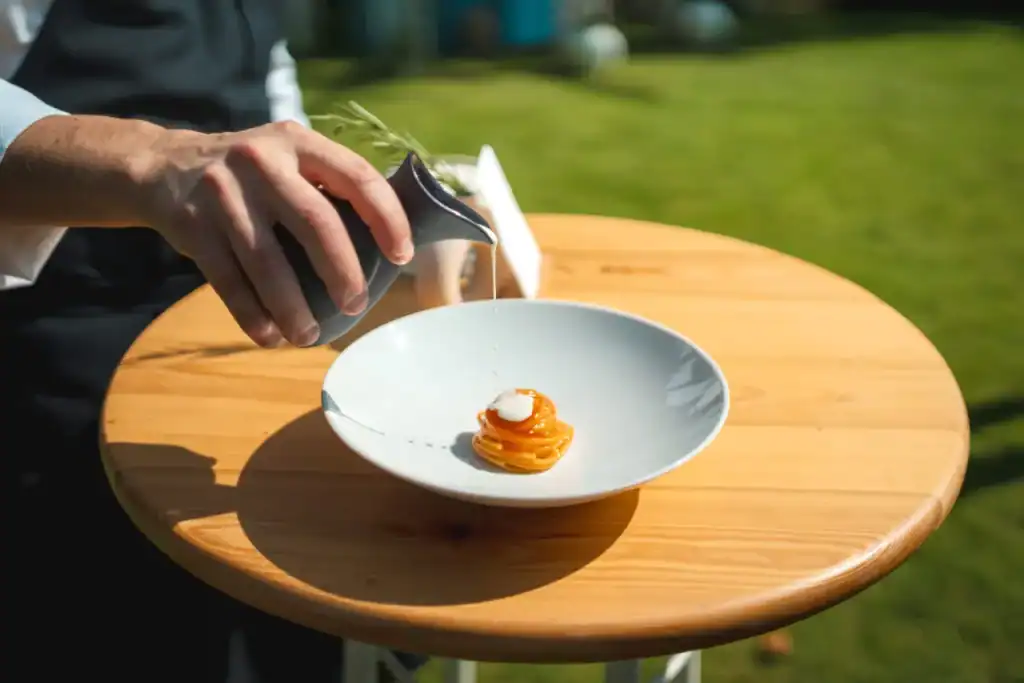
Is it still possible today to “see the world through the eyes of a child, from under the table and upside down”?
It’s not only possible. It’s necessary. It’s from there, under the table, that I learned everything. To see hands kneading dough, to hear voices become sounds, to recognise scents before even tasting the flavours. Looking at the world upside down teaches you that there’s always another point of view, that reality is never singular, that wonder is a matter of perspective. Picasso said: I could draw like Raphael when I was thirteen, and I spent my whole life trying to draw like a child. In the noise of the adult world, full of expectations and competition, returning to that childlike gaze is a revolutionary act. It means remembering why we began: for play, for love, for awe. That is the gaze that saves you from routine, that still moves you when faced with a poorly made pasta – because maybe inside it there’s a brilliant idea just waiting to be understood. I still crawl under the table sometimes. Not physically, maybe. But mentally, yes. To turn things upside down, to dismantle them, to believe once again that even a mistake can be the beginning of something wonderful.
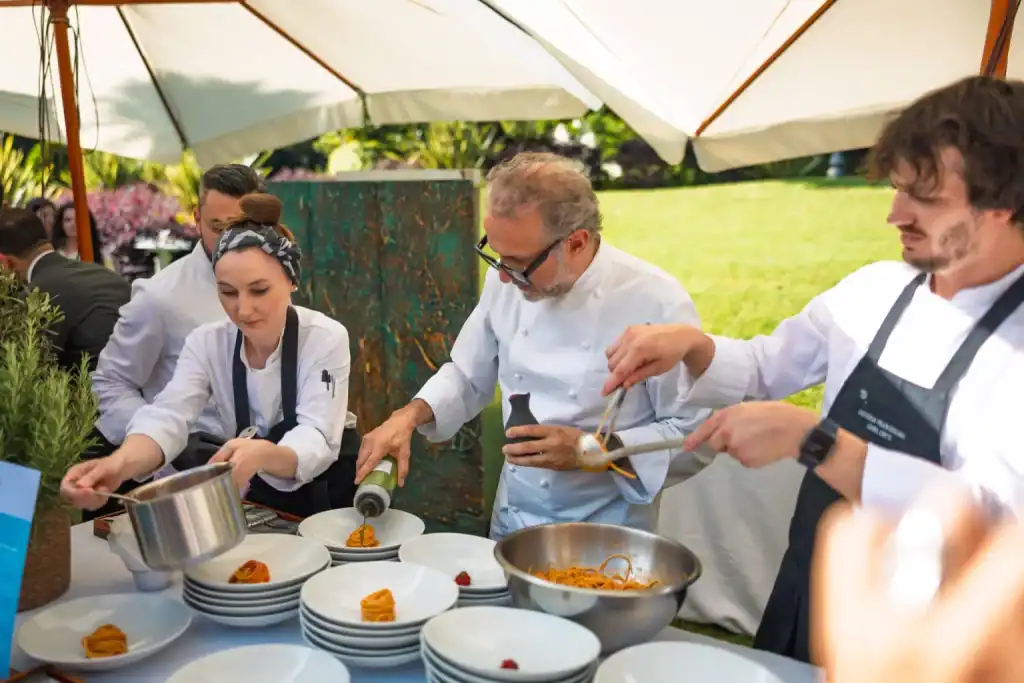
You’ve said that Turin is a perfect bridge between memory and innovation. Piedmont is the land where Slow Food was born. Turin is the city of social saints. Can a fairer, more inclusive, more sustainable kind of hospitality begin here – one that leaves a cultural and social impact?
Turin contains everything needed to be the beating heart of a new idea of hospitality. It’s a city that has always known how to combine thought and action, critical spirit and practical sense. Silent revolutions were born here: cooperativism, social engagement, popular education. It’s no coincidence that the Slow Food movement also began here, teaching the world that eating is an agricultural, political, and cultural act. I believe that now, more than ever, we need hospitality that isn’t only about success, but about restoring meaning. A dish can be good, beautiful, technically flawless... but if it doesn’t carry a message, a responsibility, a gesture of love towards the land and its people, it remains incomplete. Turin is the city of social saints, but also of workers, artists, intellectuals who dreamt of a different Italy. It was also the city of Bob Noto, of Giorgio Grigliatti. It is the city of Carlin Petrini and Enzo Vizzari. It’s a city that knows how to listen to fragility without rhetoric. From here, a new model can emerge: hospitality that places the community at its centre, that embraces diversity, that becomes a school of freedom and beauty. We don’t need a new system. We need a new awareness. And maybe yes, it can start right here. Where ideas have always found a home.
The 50 Best in Italy for the first time: what comes next, or rather what do you hope will come after?
Bringing the 50 Best to Italy isn’t just a prize or a showcase. It’s a call. An opportunity to tell the world who we are today – but more importantly, to ask ourselves who we want to become tomorrow. What I hope comes next is a collective assumption of responsibility. Not towards a ranking, but towards the deeper value of our gastronomic culture. I’d like this event to be a starting point for building a stronger, more inclusive, more connected system. One where chefs, producers, institutions, and communities work together to make Italian hospitality a cultural and social engine, not just an economic one. I hope it opens up a new space for dialogue between generations. That we talk not just about technique, but about ideas. Not only about experiences to sell, but experiences to share. And then, concretely, I hope we’ll see smart investments: in education, agriculture, and food literacy. That we finally understand that the value of Italian cuisine doesn’t lie in the spotlight, but in the roots. And that from those roots, we can still grow something profoundly new. The 50 Best in Italy must not be a final goal. It must be a beginning. An opportunity to say to the world: we are ready to tell the story of our cuisine with a new, conscious voice, full of future.

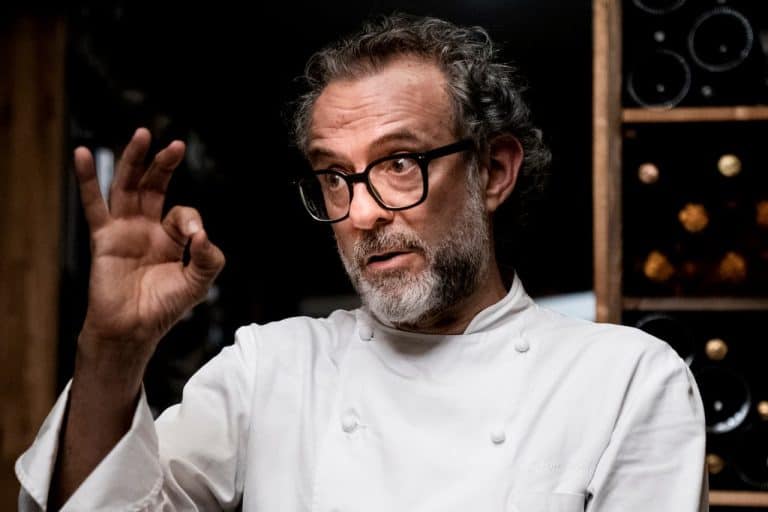
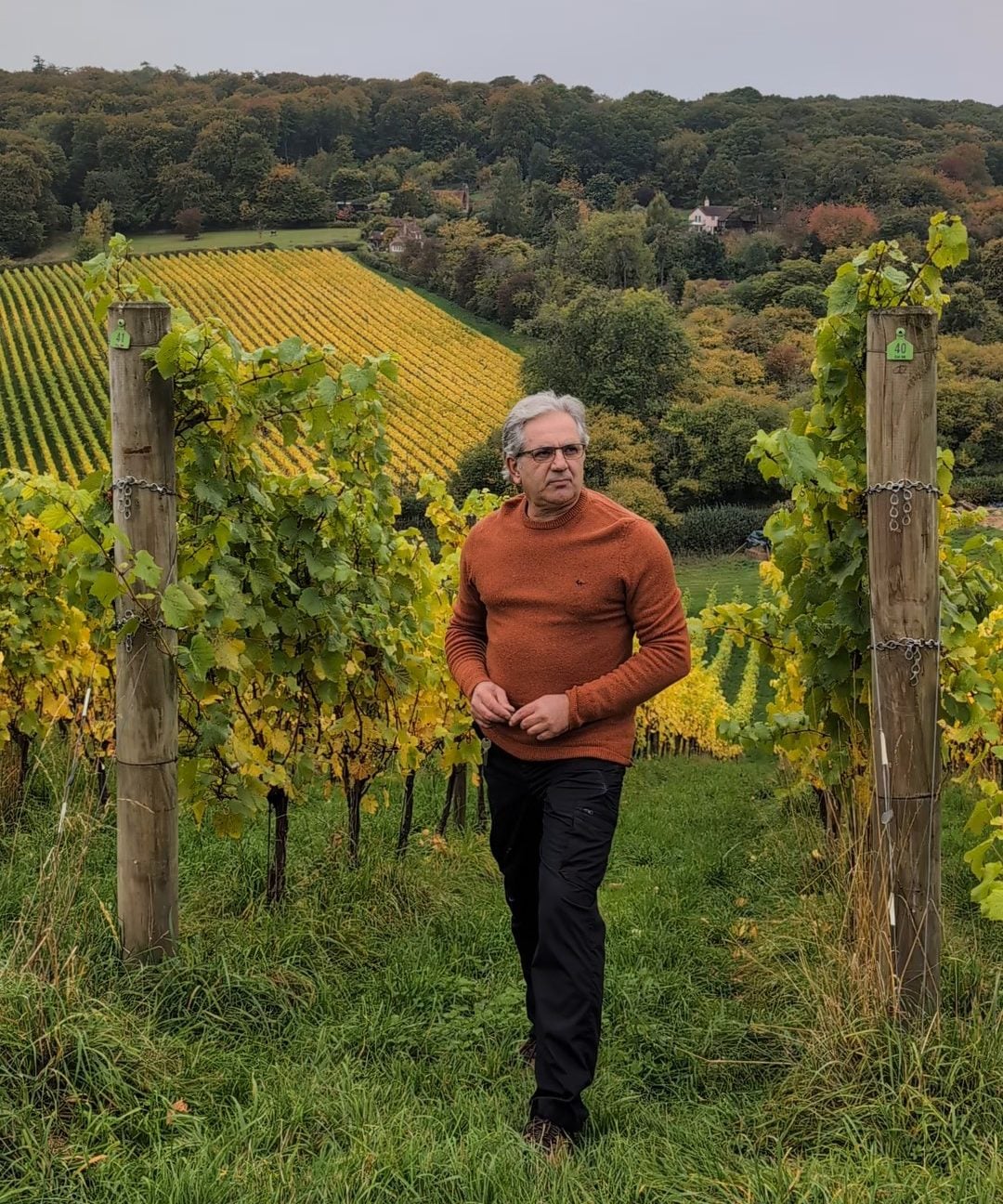 Meet the Italian viticulturist who manages an English vineyard
Meet the Italian viticulturist who manages an English vineyard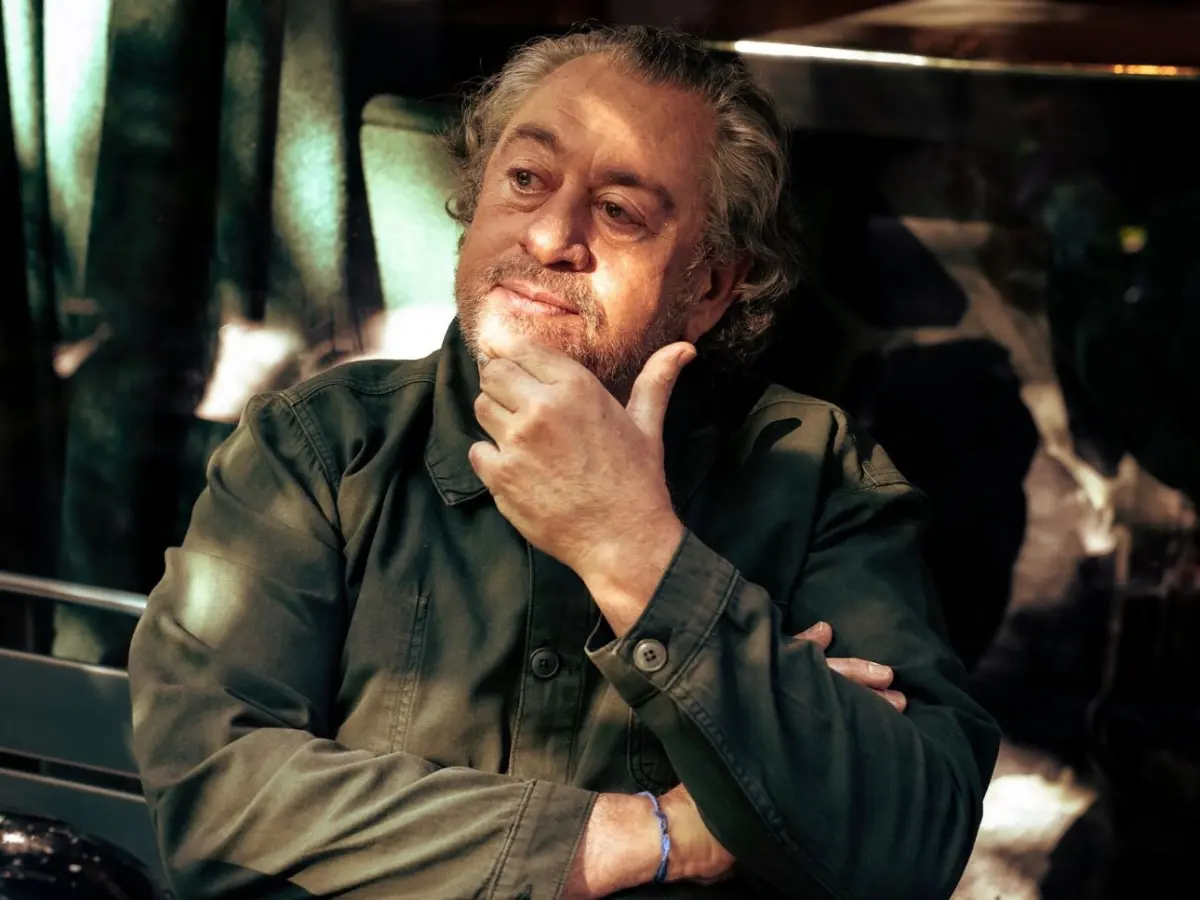 The Paris restaurant where a different tasting menu is served every day
The Paris restaurant where a different tasting menu is served every day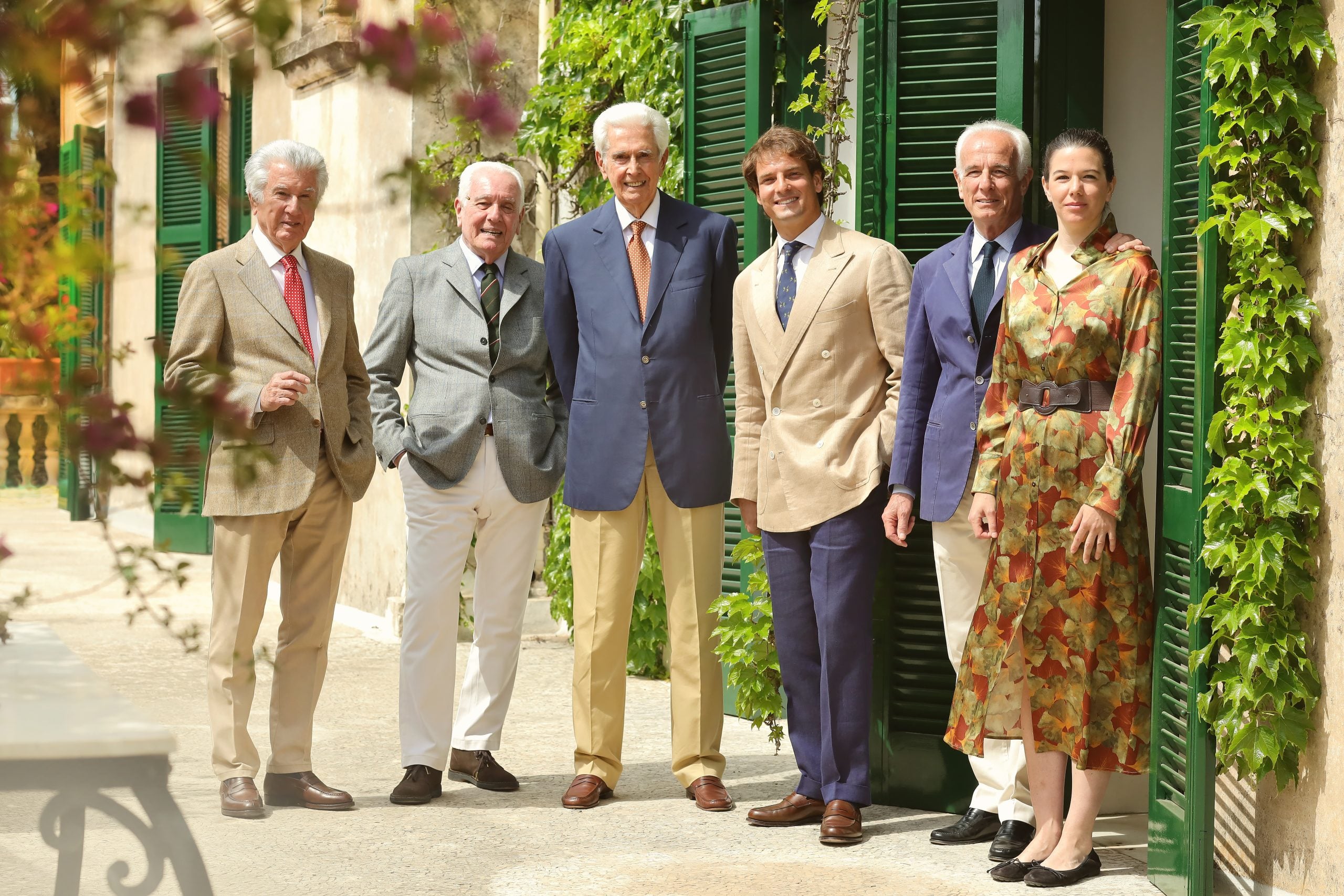 'Balance between evolution and continuity': the identity of Conti Zecca
'Balance between evolution and continuity': the identity of Conti Zecca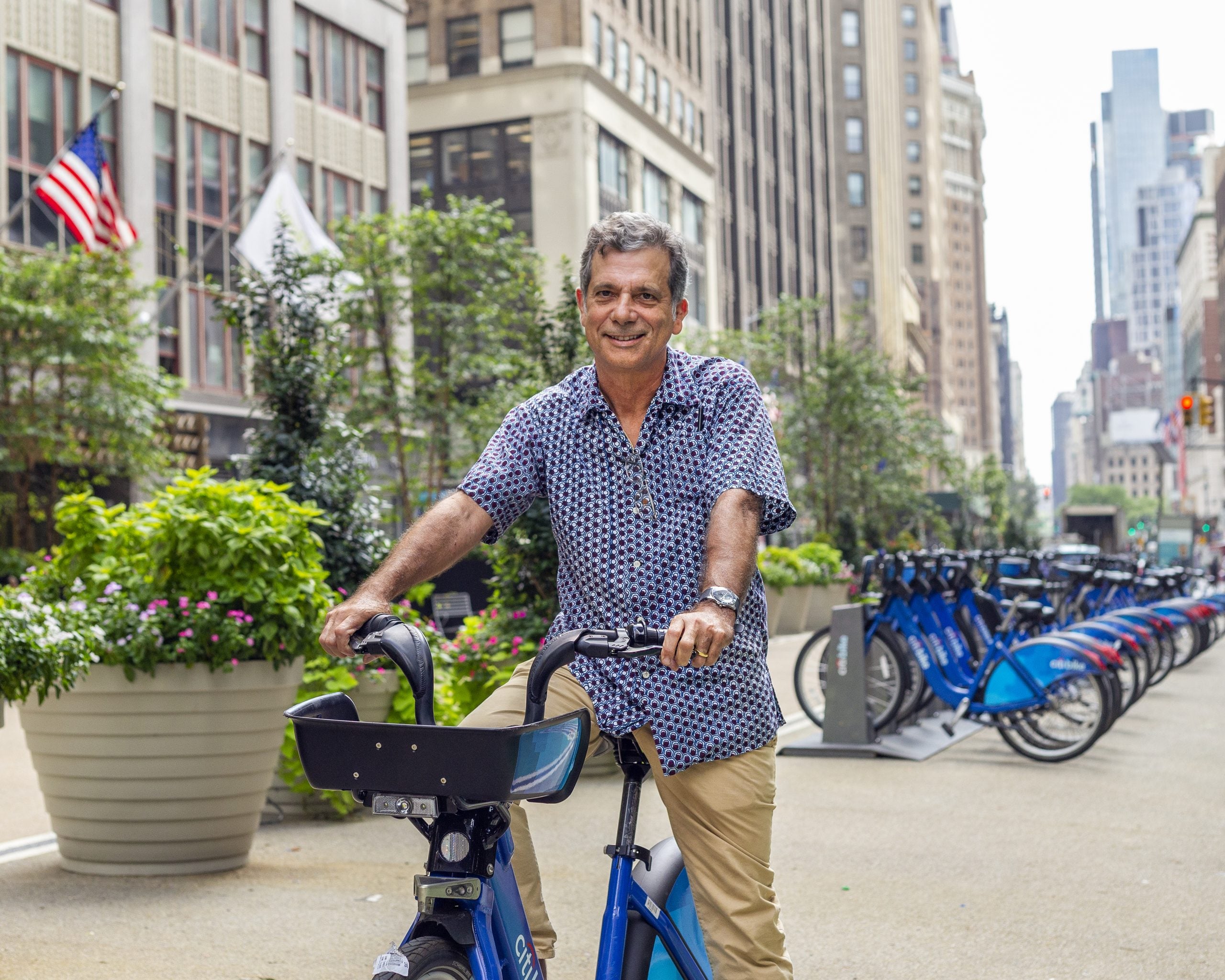 Why the Italian wine industry should 'stick to it' in the US market
Why the Italian wine industry should 'stick to it' in the US market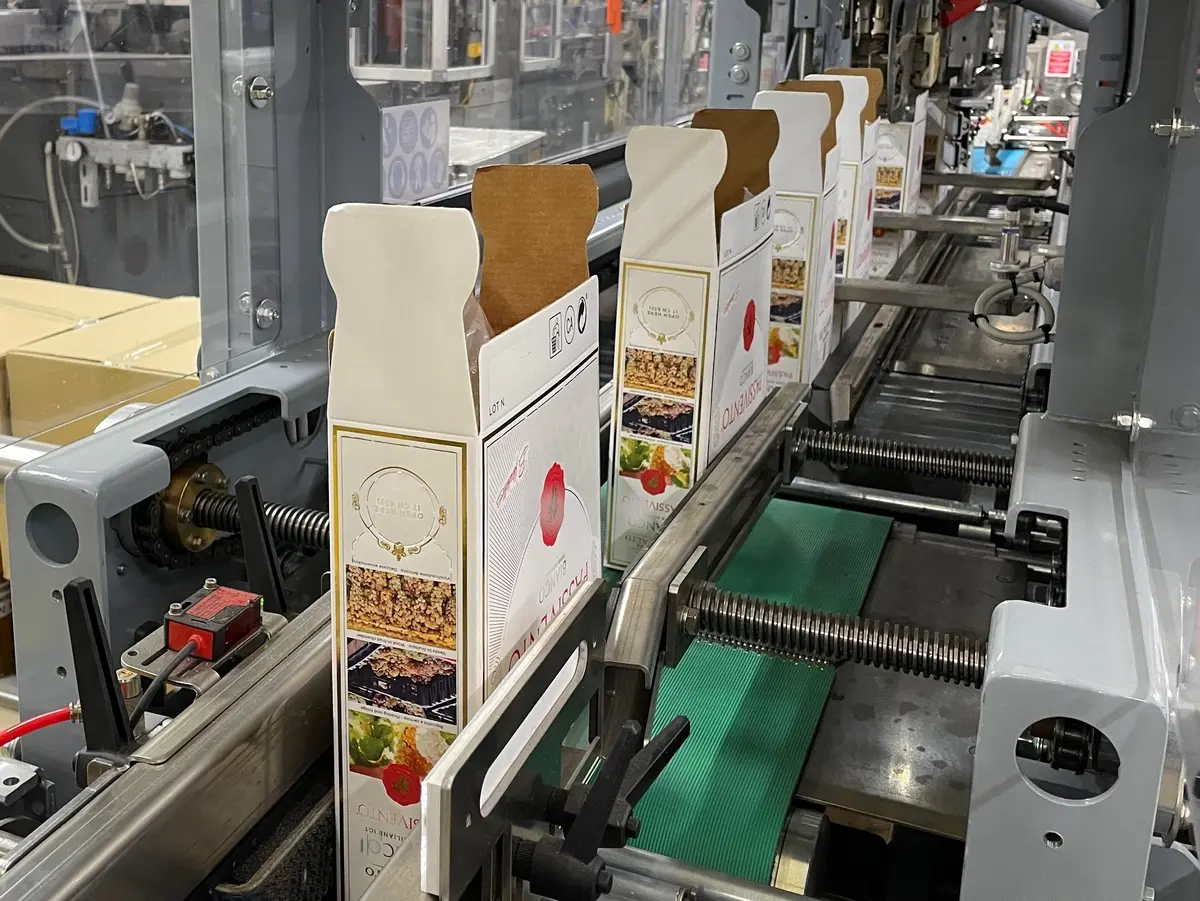 Langhe Nebbiolo DOC in bag-in-box: the rule change dividing producers
Langhe Nebbiolo DOC in bag-in-box: the rule change dividing producers